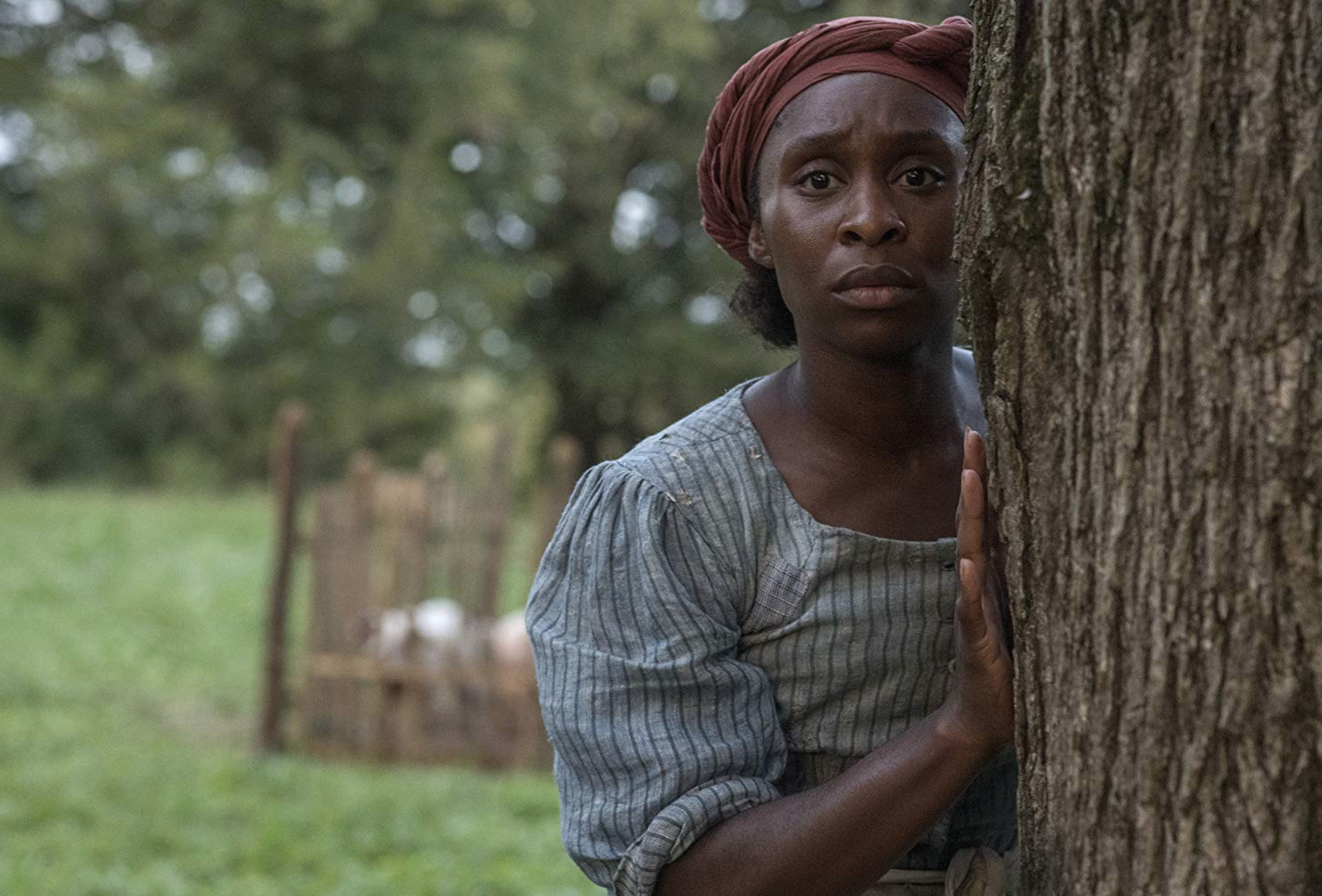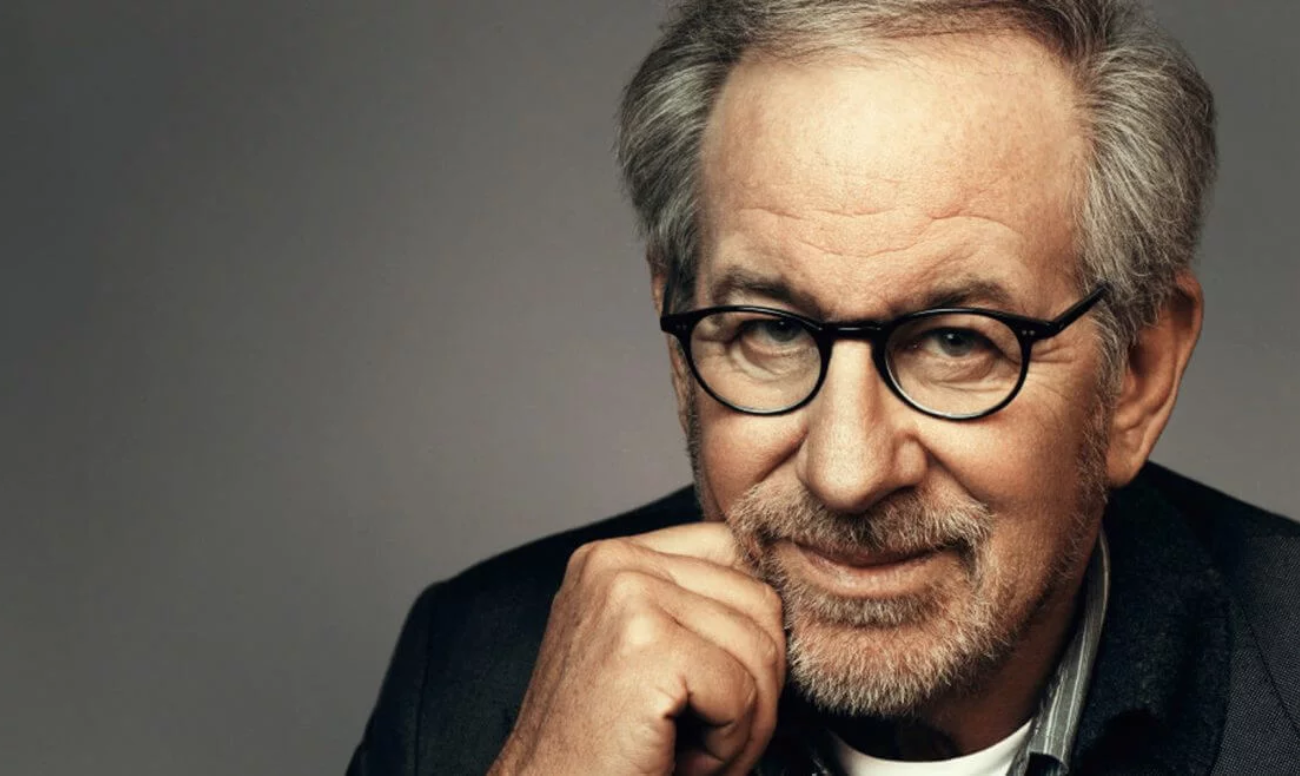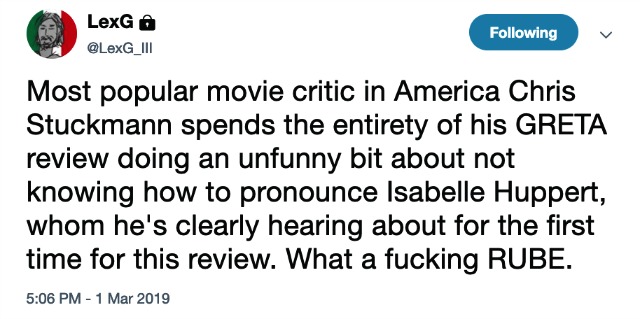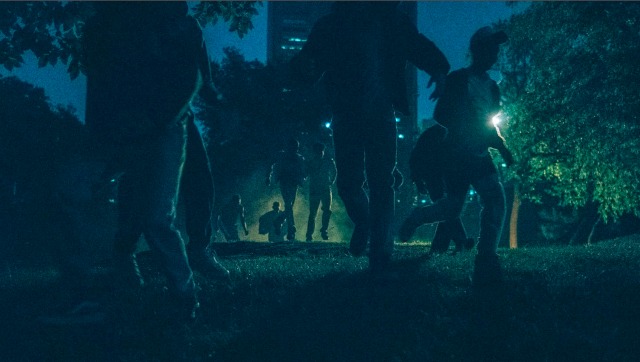Right now I’ve got nine likely Best Picture nominees for 2020. What am I forgetting? Which of these nine seem dicey (if any)? I have a notion that if Harriet is well acted and carefully crafted (and who knows if it will be?), it’s going to be a big contender. And don’t forget Soderbergh’s The Laundry.
1. Martin Scorsese‘s The Irishman (Netflix, sometime in October) — A mob hitman recalls his possible involvement with the slaying of Jimmy Hoffa. (Robert De Niro, Al Pacino, Joe Pesci, Jesse Plemons).
2. Quentin Tarantino‘s Once Upon A Time in Hollywood (Sony, 7.26) — A faded TV actor and his stunt double embark on an odyssey to make a name for themselves in the film industry during the Helter Skelter reign of terror in 1969 Los Angeles. (Leonardo DiCaprio, Brad Pitt, Margot Robbie, Al Pacino).
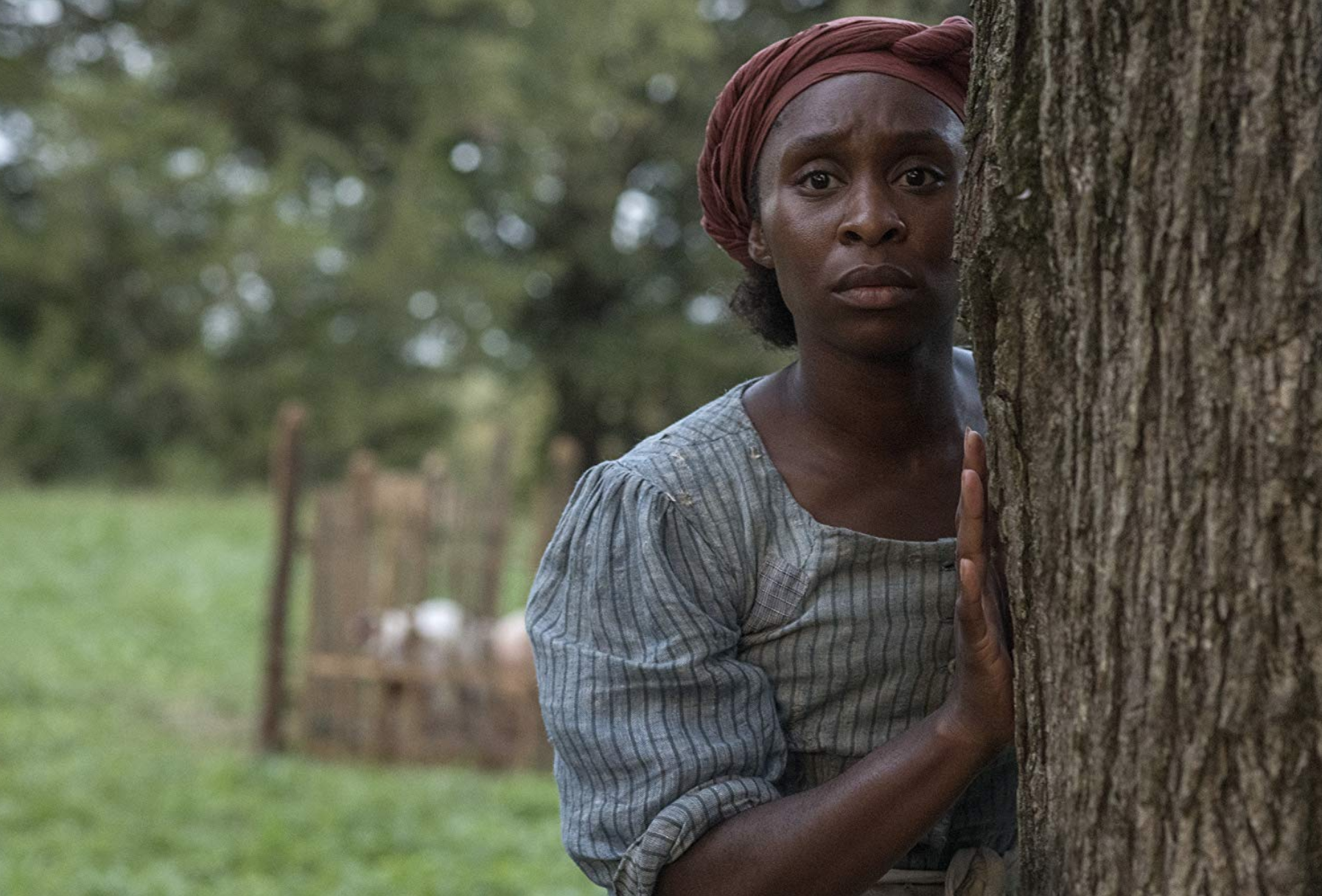
3. Marielle Heller‘s A Beautiful Day in the Neighborhood — The story of Fred Rogers, the honored host and creator of the popular children’s television program, Mister Rogers’ Neighborhood. (Tom Hanks, Matthew Rhys, Susan Kelechi Watson, Tammy Blanchard)
4. Greta Gerwig‘s Little Women (Sony, 12.25) — Four sisters come of age in America in the aftermath of the Civil War. (Florence Pugh, Timothée Chalamet, Emma Watson, Saoirse Ronan)
5. Jay Roach‘s Fair and Balanced (Lionsgate) — Fox honcho Roger Ailes and sexual harassment allegations that resulted in his resignation. (Charlize Theron, Nicole Kidman, Margot Robbie, John Lithgow, Allison Janney, Kate McKinnon, Malcolm McDowell, Mark Duplass)
6. Kasi Lemmons‘ Harriet (Focus Features) — A feminist 12 Years A Slave, based on the story of freedom fighter Harriet Tubman (Cynthia Erivo), her escape from slavery and subsequent missions to free dozens of slaves through the Underground Railroad in the face of growing pre-Civil War adversity. Cynthia Erivo, Janelle Monae, Joe Alwyn, Deborah Ayorinde, Clarke Peters, Leslie Odom Jr., Tory Kittles, Vondie Curtis-Hall.
Read more




